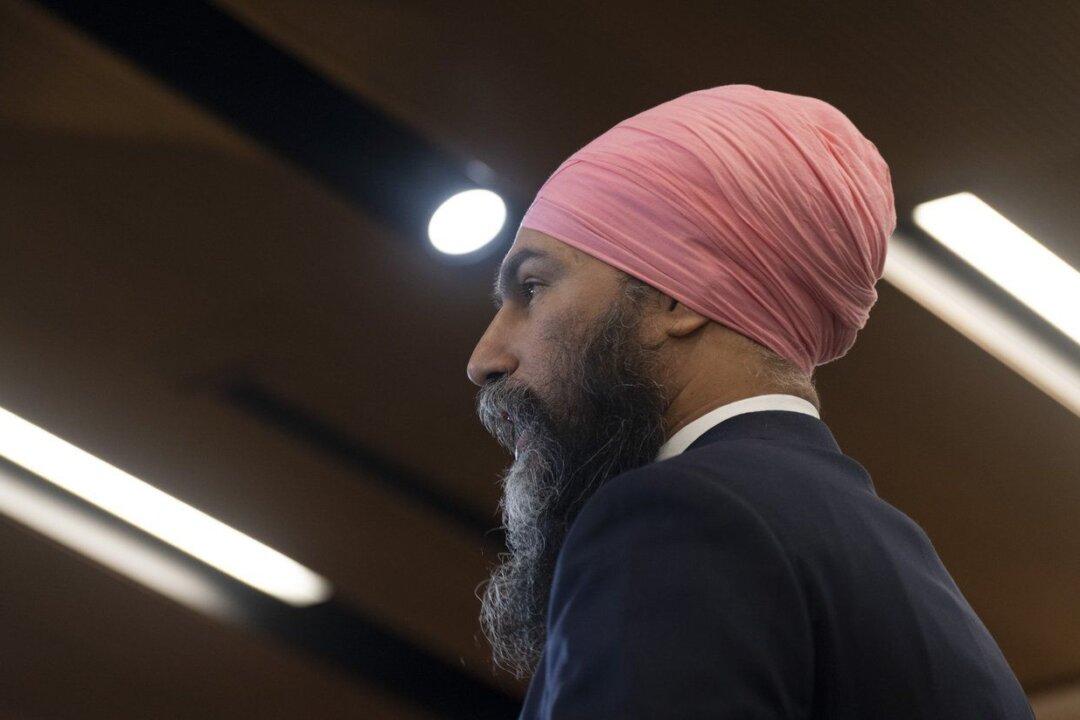NDP Leader Jagmeet Singh is asking the prime minister to allow more members of his party to be briefed on foreign interference attempts, after the leaders of the Conservatives and Bloc Québécois declined to obtain the required security clearance.
In a letter addressed to Prime Minister Justin Trudeau on Thursday, Singh said he wants those two spots given to members of his team who would accompany him in the briefings.





